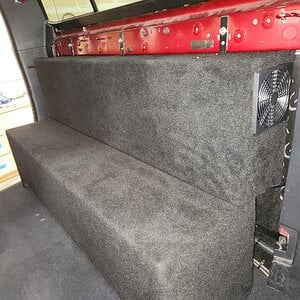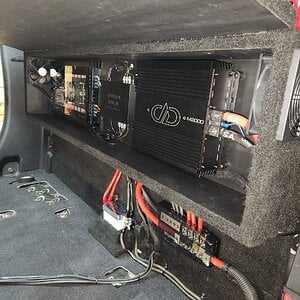whitedragon551 5,000+ posts
Moderator
[quote name='gckless']This.
Still trying to figure out why @whitedragon551 ; disliked this.[/QUOTE]
Have a read. This information, specifically Audioholic, was one of the most knowledgeable members to ever grace the CarAudio.com forums. Also in on the fun was VWBobby and data provided by Richard Clark and David Navone. Again 2 of the most notable names in Audio history.
http://www.caraudio.com/forums/general-discussion/494901-capacitors-wheres-proof.html
Still trying to figure out why @whitedragon551 ; disliked this.[/QUOTE]
Have a read. This information, specifically Audioholic, was one of the most knowledgeable members to ever grace the CarAudio.com forums. Also in on the fun was VWBobby and data provided by Richard Clark and David Navone. Again 2 of the most notable names in Audio history.
http://www.caraudio.com/forums/general-discussion/494901-capacitors-wheres-proof.html


